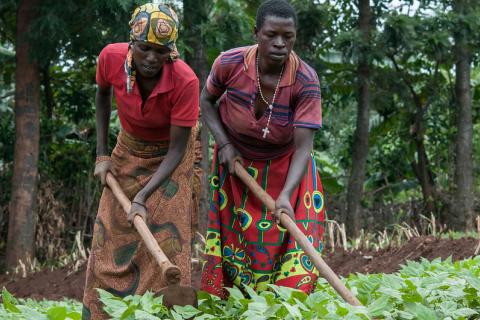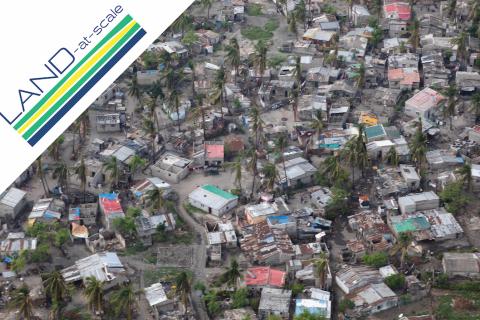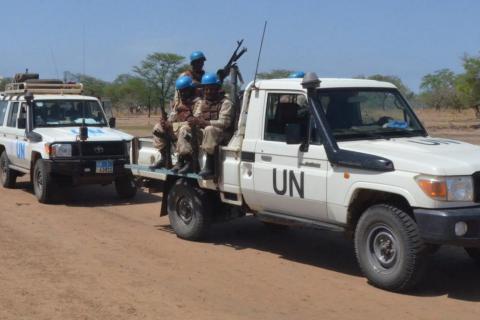Strategic Land Use Planning: A Pathway to Empowering Africa’s Youth
As we gather to discuss one of the most crucial topics for Africa’s future—strategic land use planning—the importance of youth land rights cannot be overstated. Based on my reflections and experiences that I prepared for the Fourth International Conference on Youth and Land Governance in Africa (CIGOFA4), I’d like to highlight why securing land rights for young Africans is essential for our continent’s progress.












